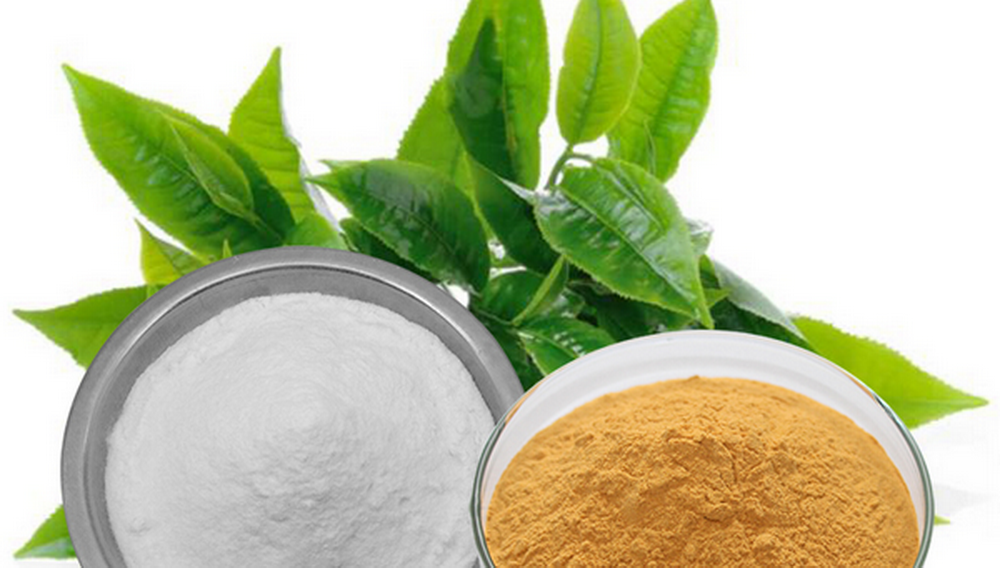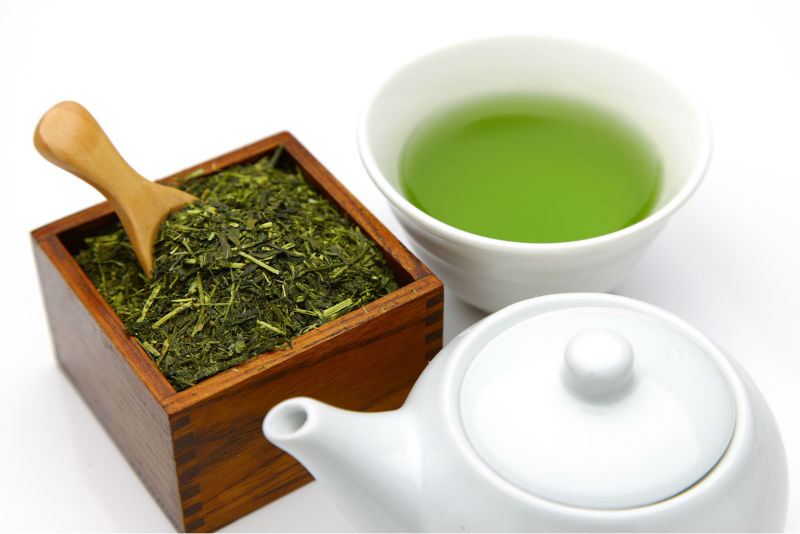Content Menu
● Introduction
● Understanding Green Tea Extract
● Health Benefits of Green Tea Extract
● Optimal Timing for Green Tea Extract Consumption
● Recommended Dosage Patterns
● Safety Considerations and Precautions
● Conclusion
● Frequently Asked Questions
Introduction
Green tea extract has emerged as one of the most popular dietary supplements in recent years, garnering significant attention from both the scientific community and health enthusiasts. This concentrated form of green tea provides a powerful dose of beneficial compounds, particularly catechins and epigallocatechin gallate (EGCG), which are known for their potent antioxidant properties. Understanding the optimal timing and dosage of green tea extract supplementation is crucial for maximizing its benefits while ensuring safety. This comprehensive guide explores the scientific evidence behind green tea extract consumption, recommended dosage patterns, and important considerations for those looking to incorporate this supplement into their daily routine.

Understanding Green Tea Extract
Green tea extract is a concentrated form of the beneficial compounds found in green tea leaves. It is typically standardized to contain a specific amount of polyphenols and catechins, particularly EGCG, which is considered the most active and beneficial component. The extraction process concentrates these beneficial compounds, making it possible to obtain the benefits of multiple cups of green tea in a single supplement. The concentration and standardization of these compounds make green tea extract a convenient alternative to drinking multiple cups of green tea throughout the day.
Health Benefits of Green Tea Extract
The health benefits of green tea extract are extensive and well-documented through scientific research. Regular consumption of green tea extract has been associated with numerous positive health outcomes, including improved metabolic function, enhanced cognitive performance, and better cardiovascular health. The antioxidant properties of green tea extract help combat oxidative stress and inflammation in the body, while its bioactive compounds support various physiological processes. Additionally, green tea extract has been shown to aid in weight management, promote healthy skin aging, and support immune system function.
Optimal Timing for Green Tea Extract Consumption
The timing of green tea extract consumption can significantly impact its effectiveness and absorption. For optimal results, it's recommended to take green tea extract at specific times throughout the day. Morning consumption, particularly on an empty stomach, may enhance the absorption of its active compounds. However, some individuals may experience sensitivity to the caffeine content when taken on an empty stomach. In such cases, taking the supplement with meals can help minimize potential digestive discomfort while still maintaining its benefits. For those using green tea extract for its potential weight management properties, taking it before exercise may enhance its fat-burning effects.

Recommended Dosage Patterns
Establishing the right dosage pattern for green tea extract is essential for achieving optimal benefits while maintaining safety. The appropriate dosage depends on various factors, including individual tolerance, health status, and specific health goals. For most adults, the recommended daily intake should be spread throughout the day rather than consumed in a single dose. This approach helps maintain steady levels of the active compounds in the body while minimizing the risk of side effects. It's important to start with a lower dose and gradually increase it while monitoring your body's response.
Safety Considerations and Precautions
When incorporating green tea extract into your daily routine, several safety considerations must be taken into account. While generally considered safe for most adults, certain individuals should exercise caution or avoid green tea extract supplementation altogether. This includes people with liver conditions, those sensitive to caffeine, pregnant or nursing women, and individuals taking certain medications. Regular monitoring of liver function may be advisable for long-term users, particularly those taking higher doses. It's crucial to purchase green tea extract from reputable manufacturers and follow the recommended dosage guidelines to minimize the risk of adverse effects.

Conclusion
Green tea extract offers numerous health benefits when taken appropriately and consistently. The key to maximizing its benefits lies in understanding proper timing, dosage, and individual factors that may affect its use. While the optimal frequency of green tea extract consumption may vary among individuals, following general guidelines and listening to your body's response can help establish an effective supplementation routine. As with any supplement, consulting with healthcare professionals before starting green tea extract supplementation is recommended, especially for individuals with pre-existing health conditions or those taking medications.
Frequently Asked Questions
Q: Can I take green tea extract on an empty stomach?
A: While it's possible to take green tea extract on an empty stomach, some individuals may experience digestive discomfort. If sensitivity occurs, taking it with meals is recommended.
Q: How long does it take to see benefits from green tea extract?
A: Results vary by individual and desired outcome, but most people begin to notice benefits within 4-8 weeks of consistent use when taken at appropriate doses.
Q: Is it safe to take green tea extract daily?
A: Yes, daily consumption is generally safe for most adults when taken at recommended doses. However, regular monitoring and consultation with healthcare providers is advised.
Q: Should I cycle green tea extract supplementation?
A: While not strictly necessary, some experts recommend cycling supplementation with periodic breaks to prevent tolerance buildup and maintain effectiveness.
Q: Can green tea extract interfere with medications?
A: Yes, green tea extract can interact with various medications, including blood thinners and certain antidepressants. Always consult with a healthcare provider about potential interactions.
Q: What is the best time of day to take green tea extract?
A: Morning or early afternoon is often recommended to avoid potential sleep disruption from caffeine content, though individual tolerance may vary.






























